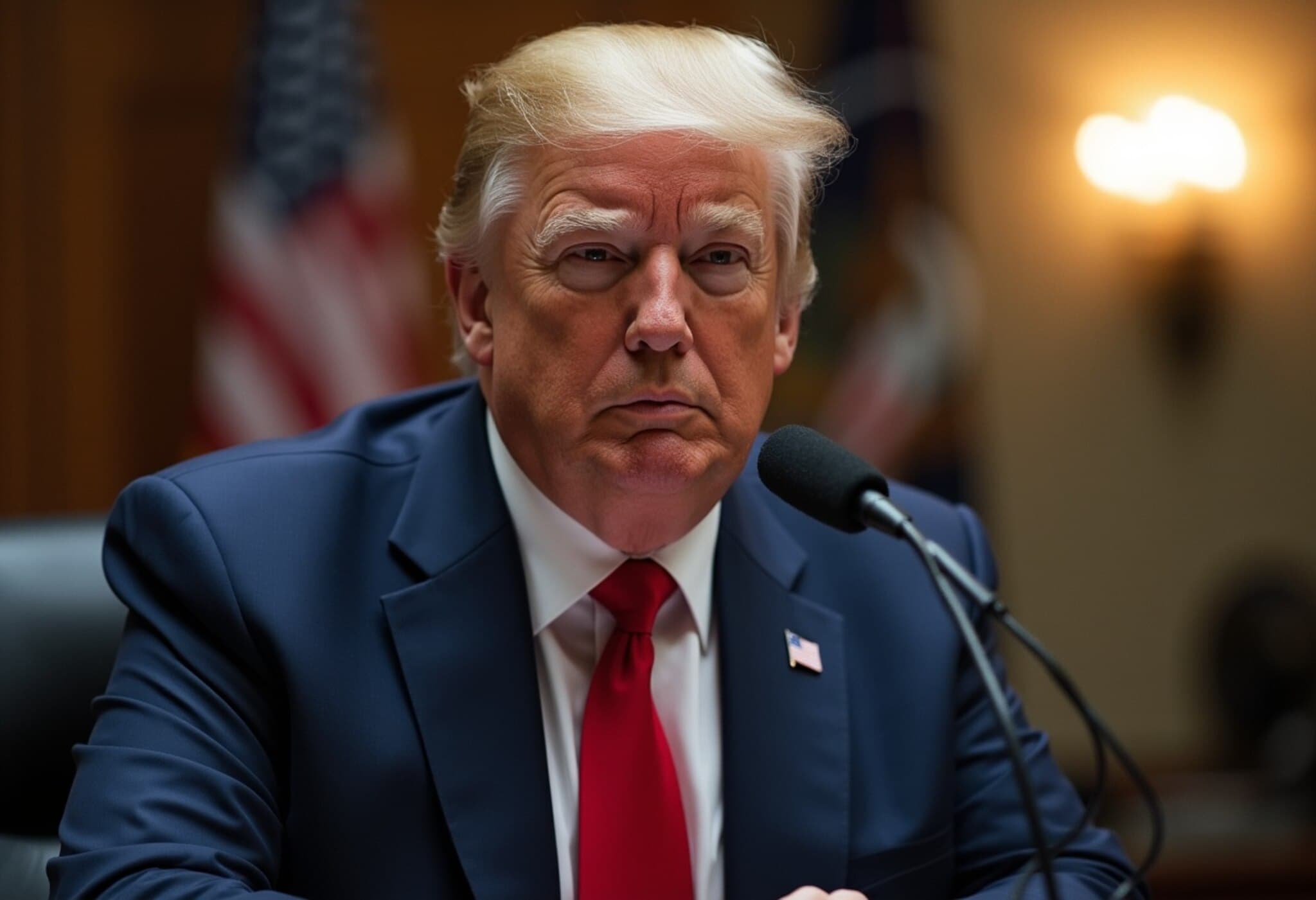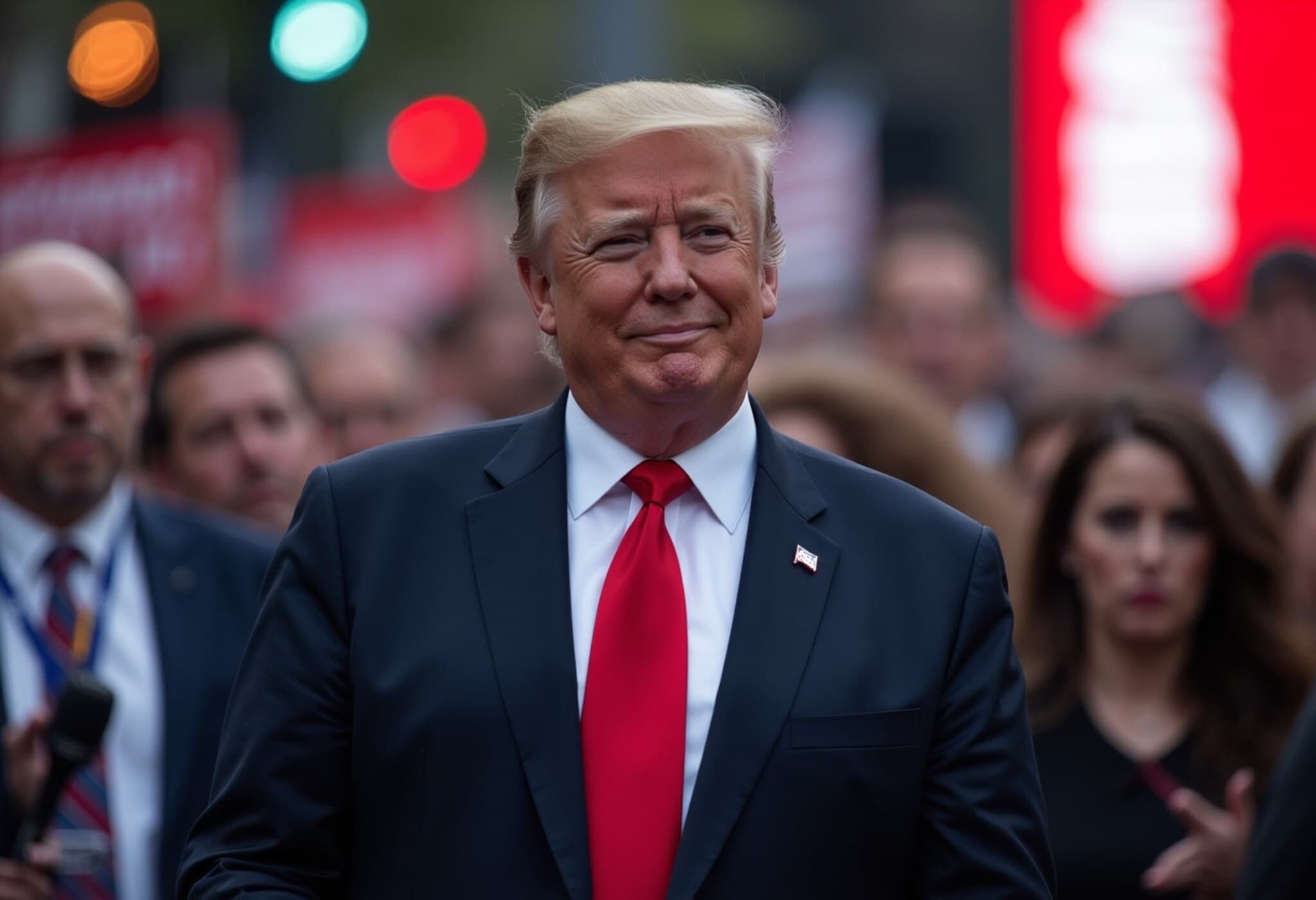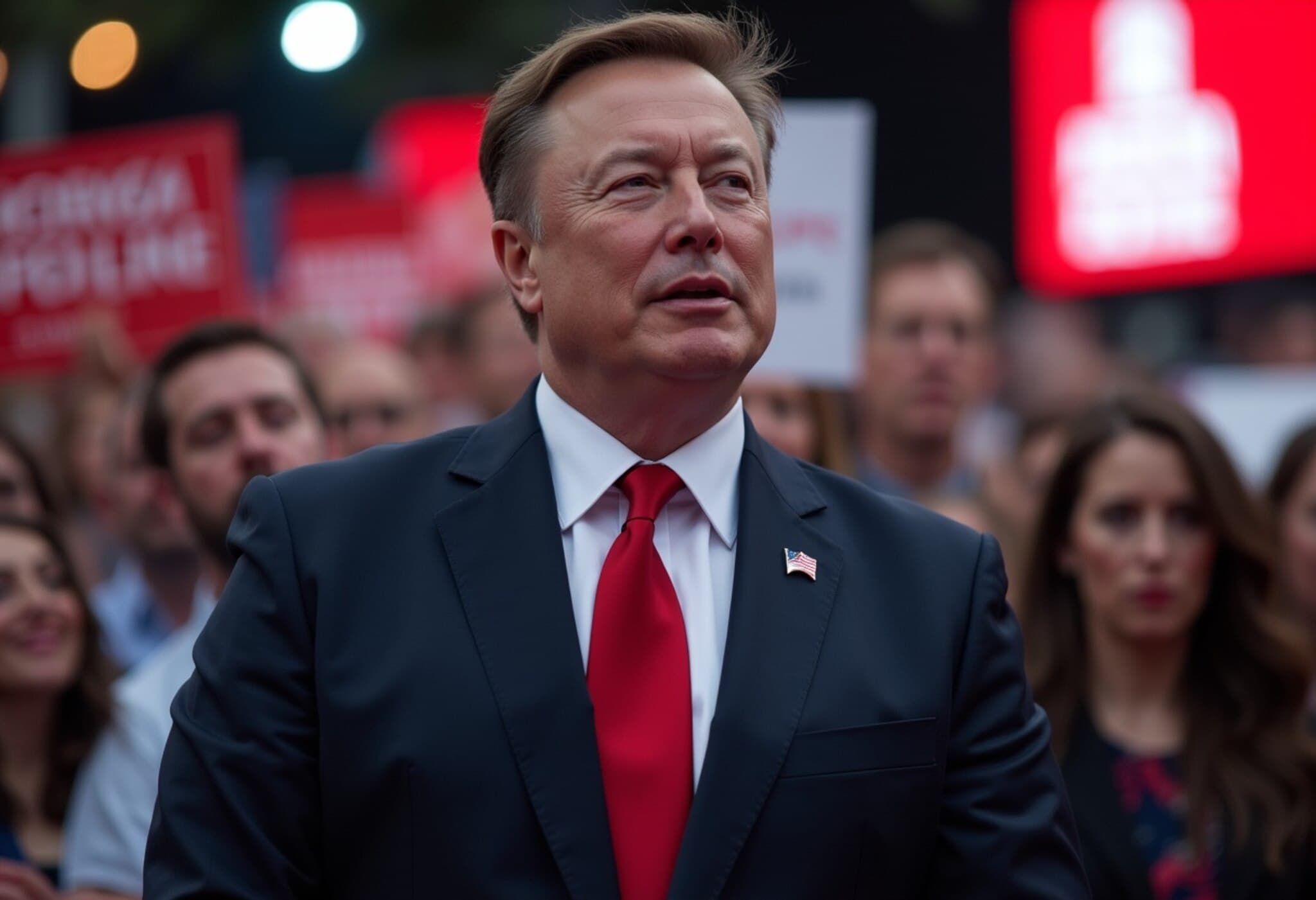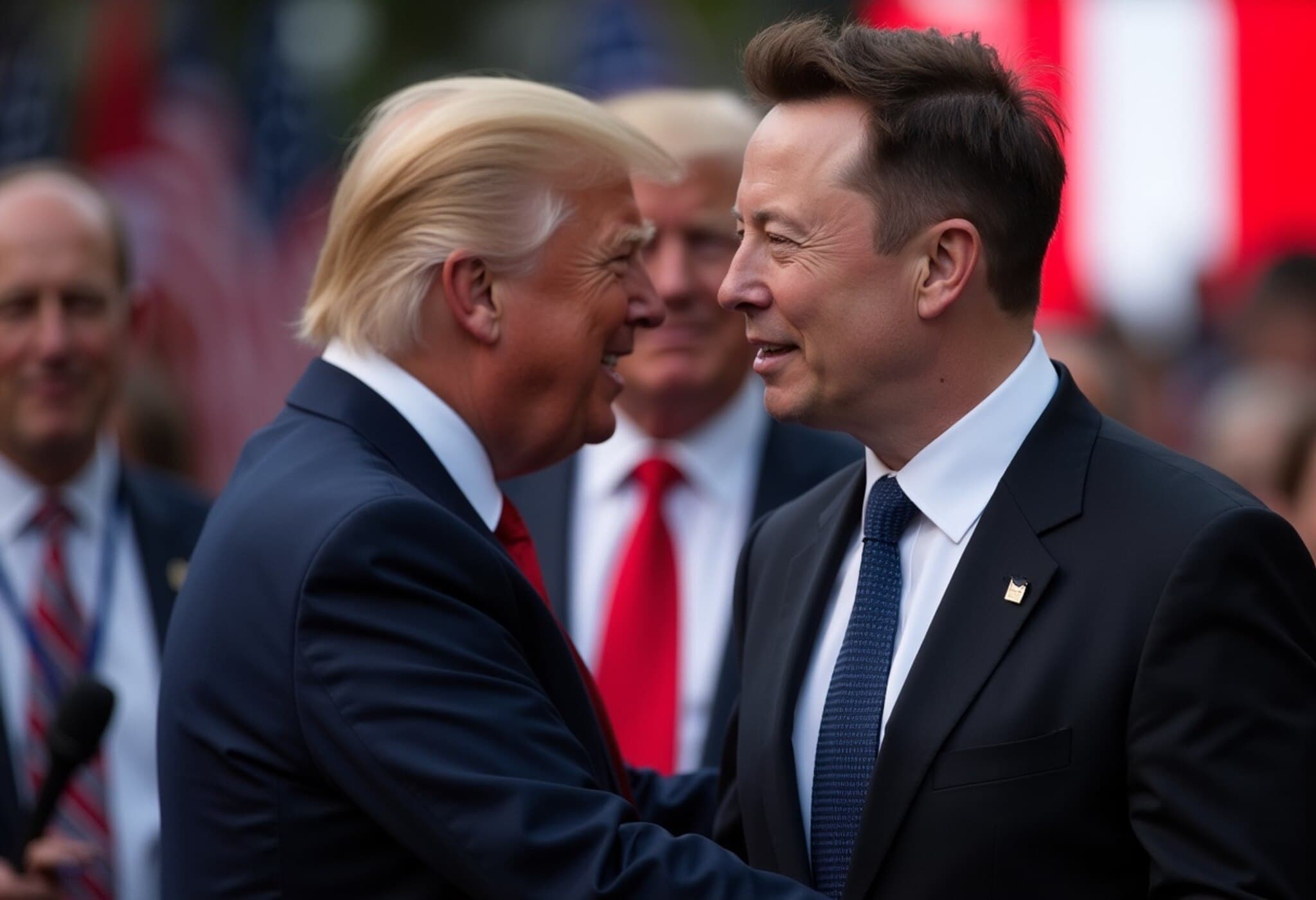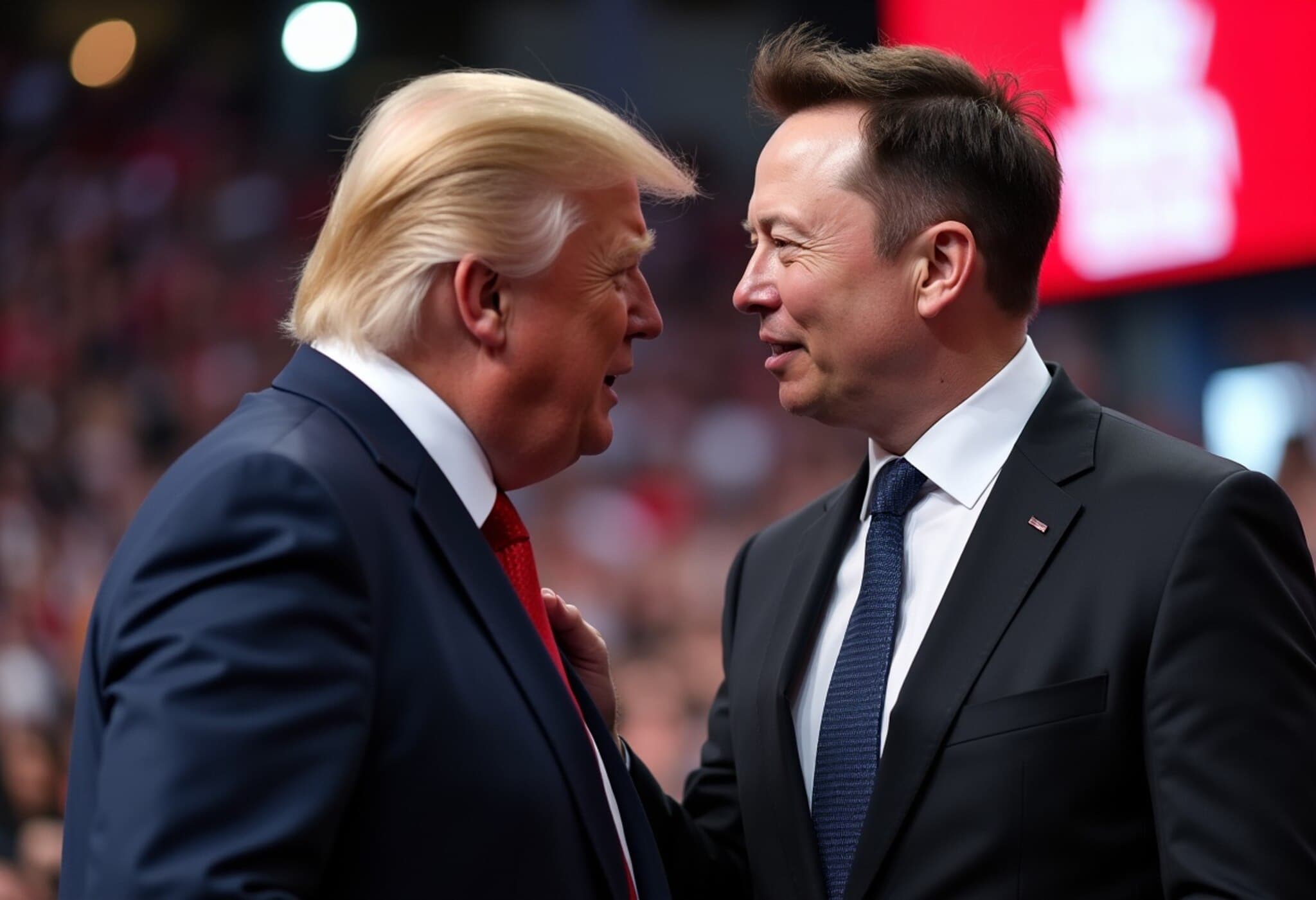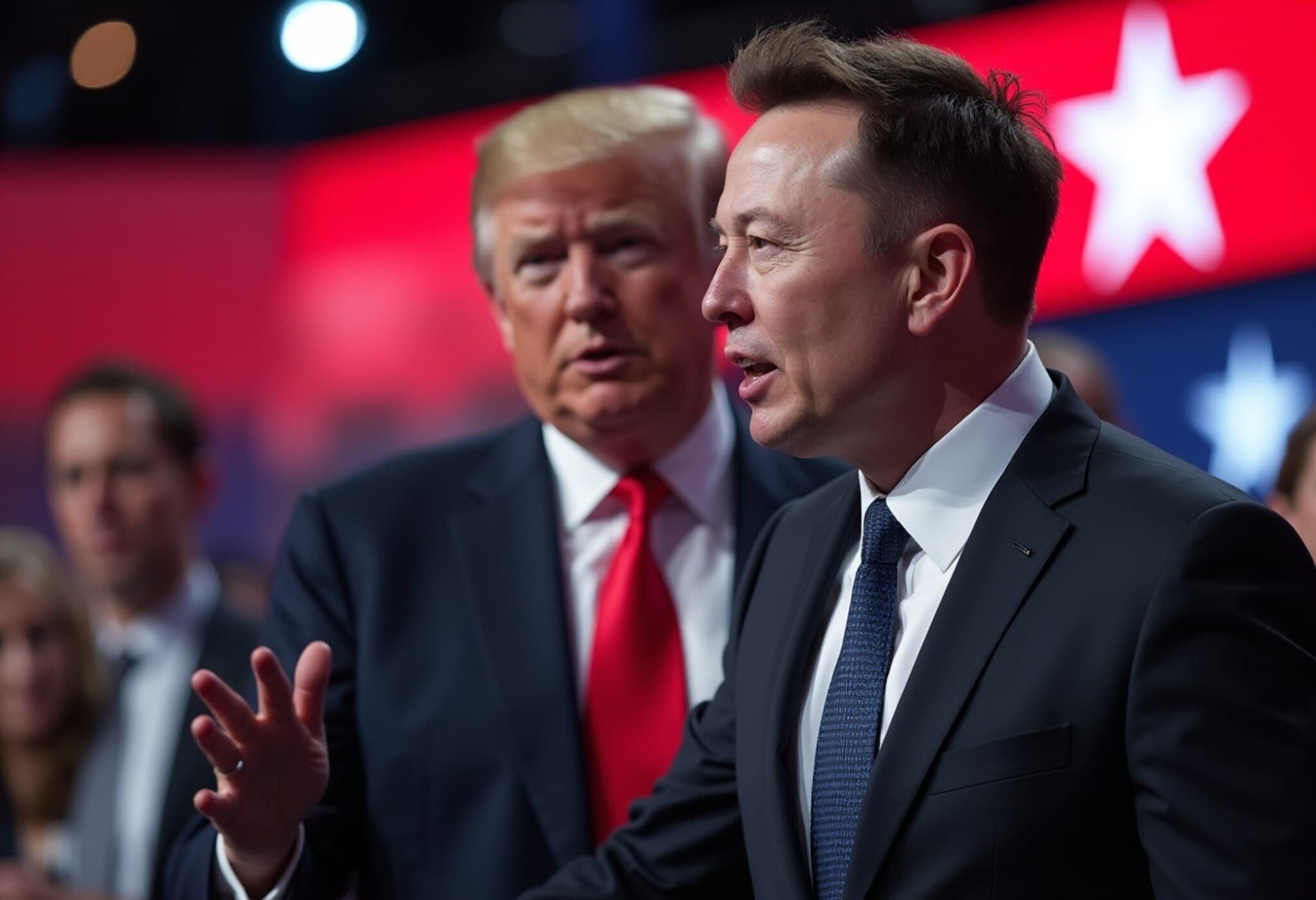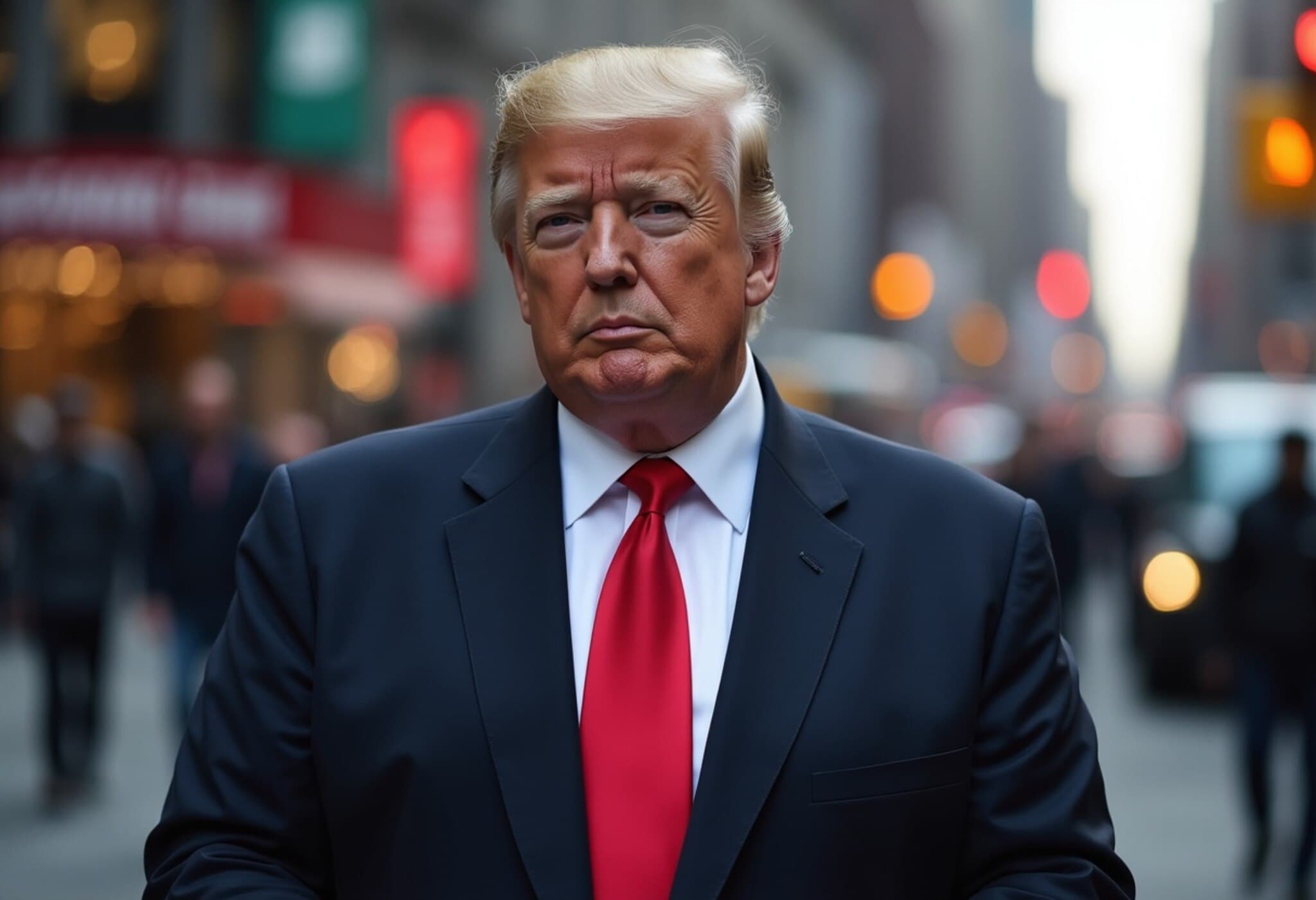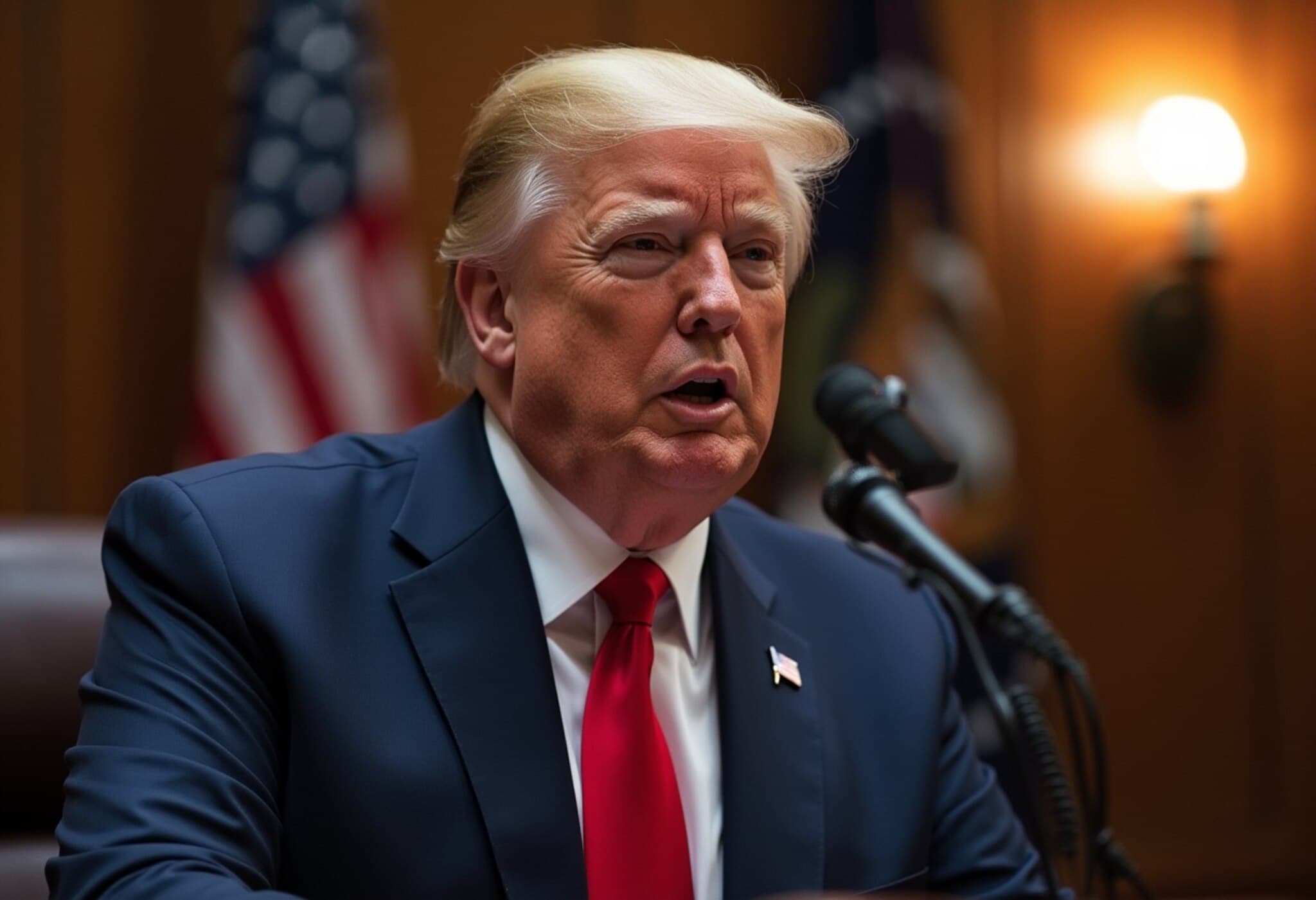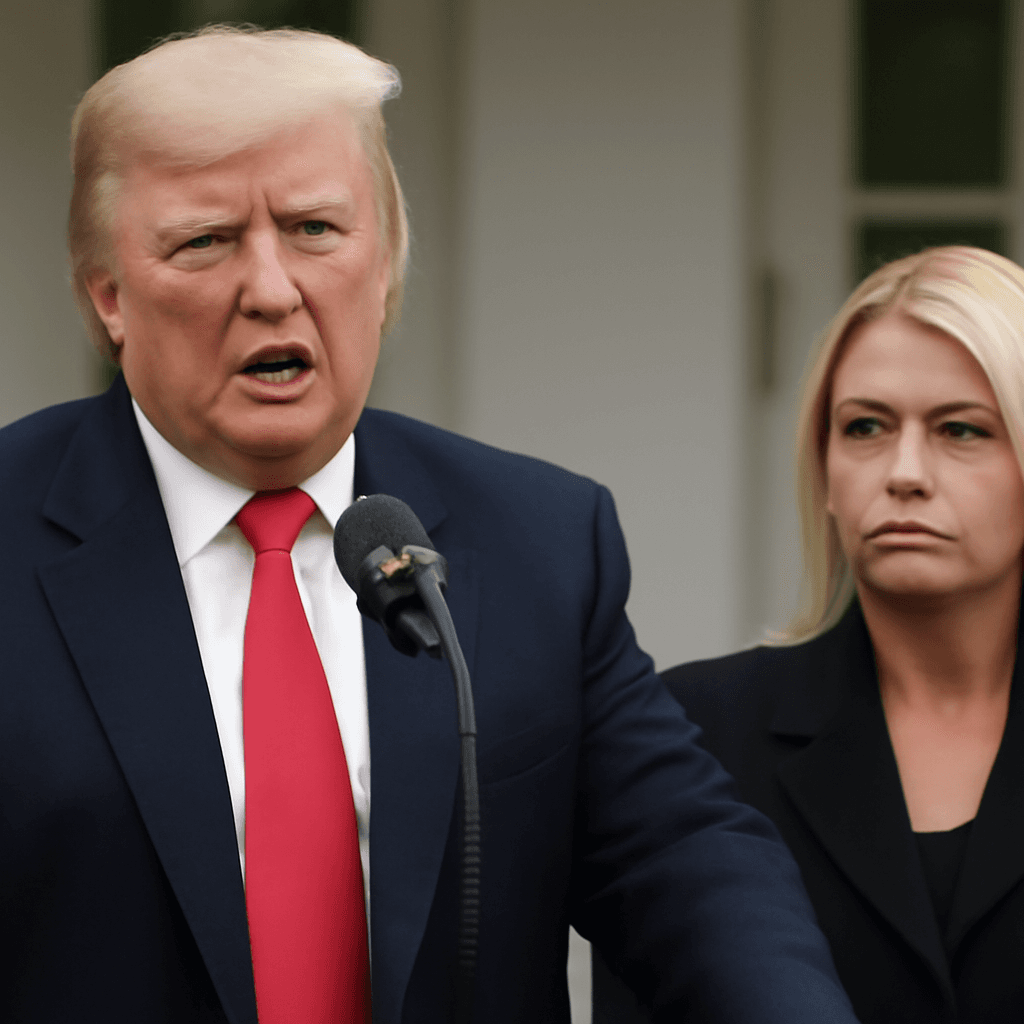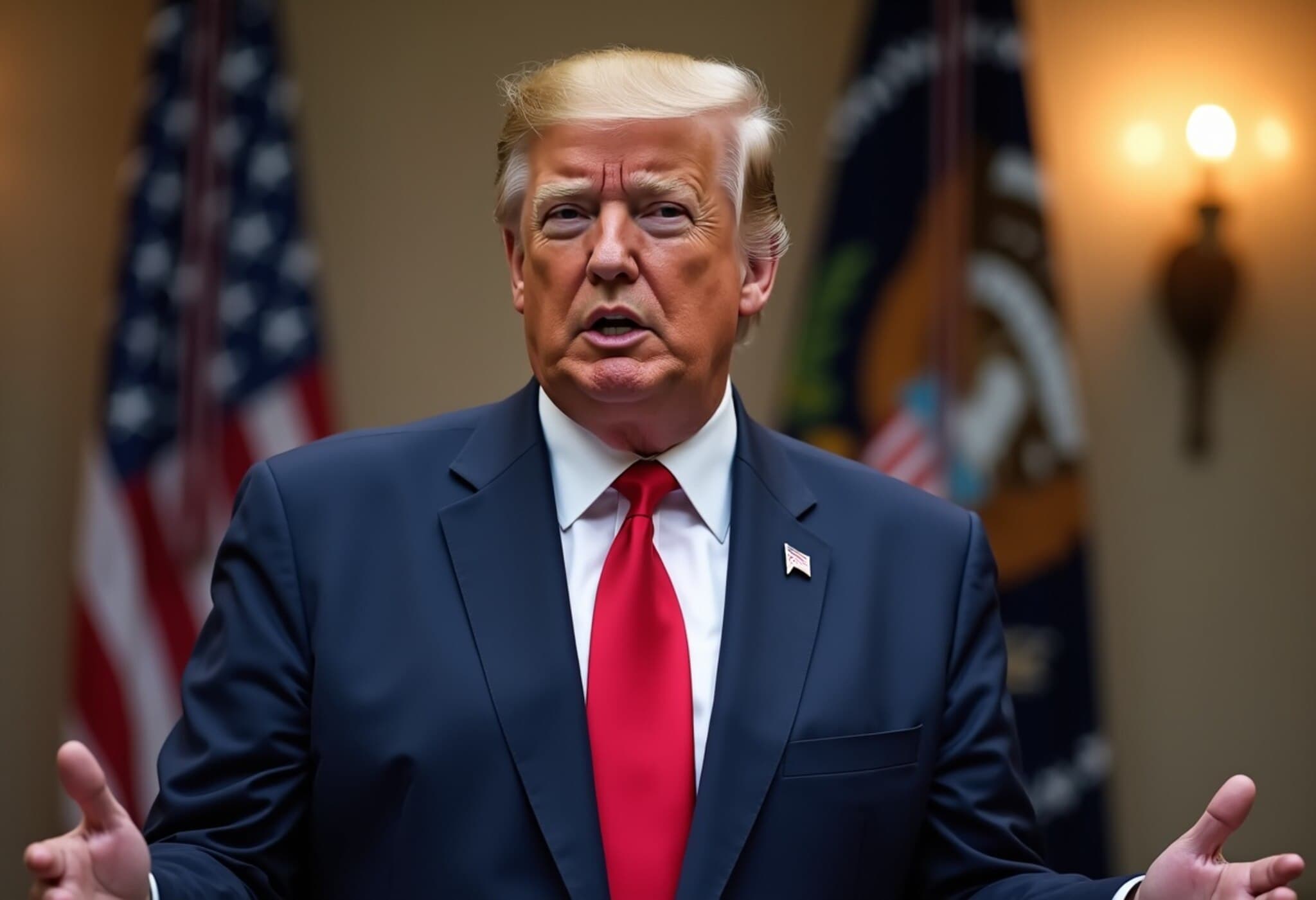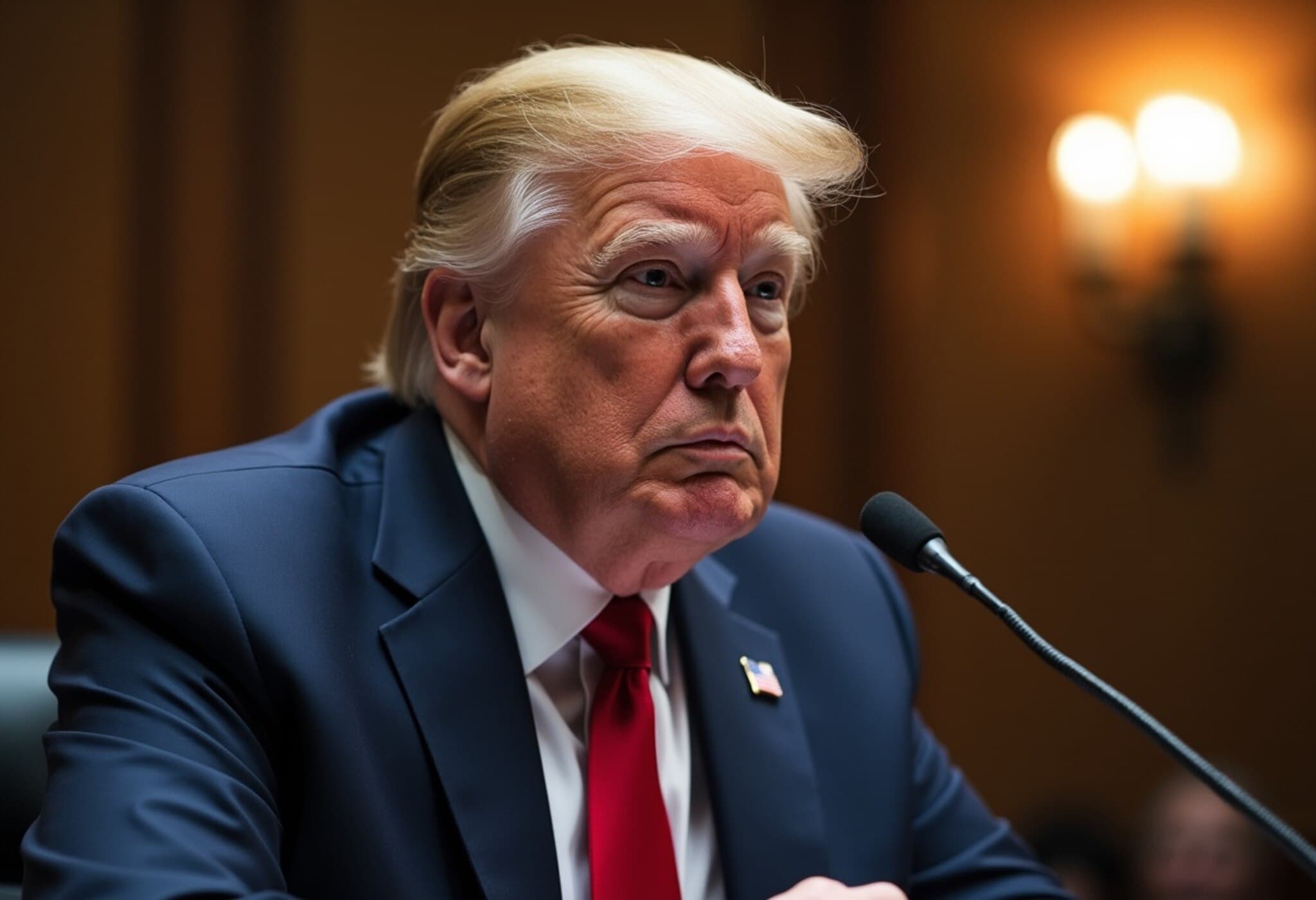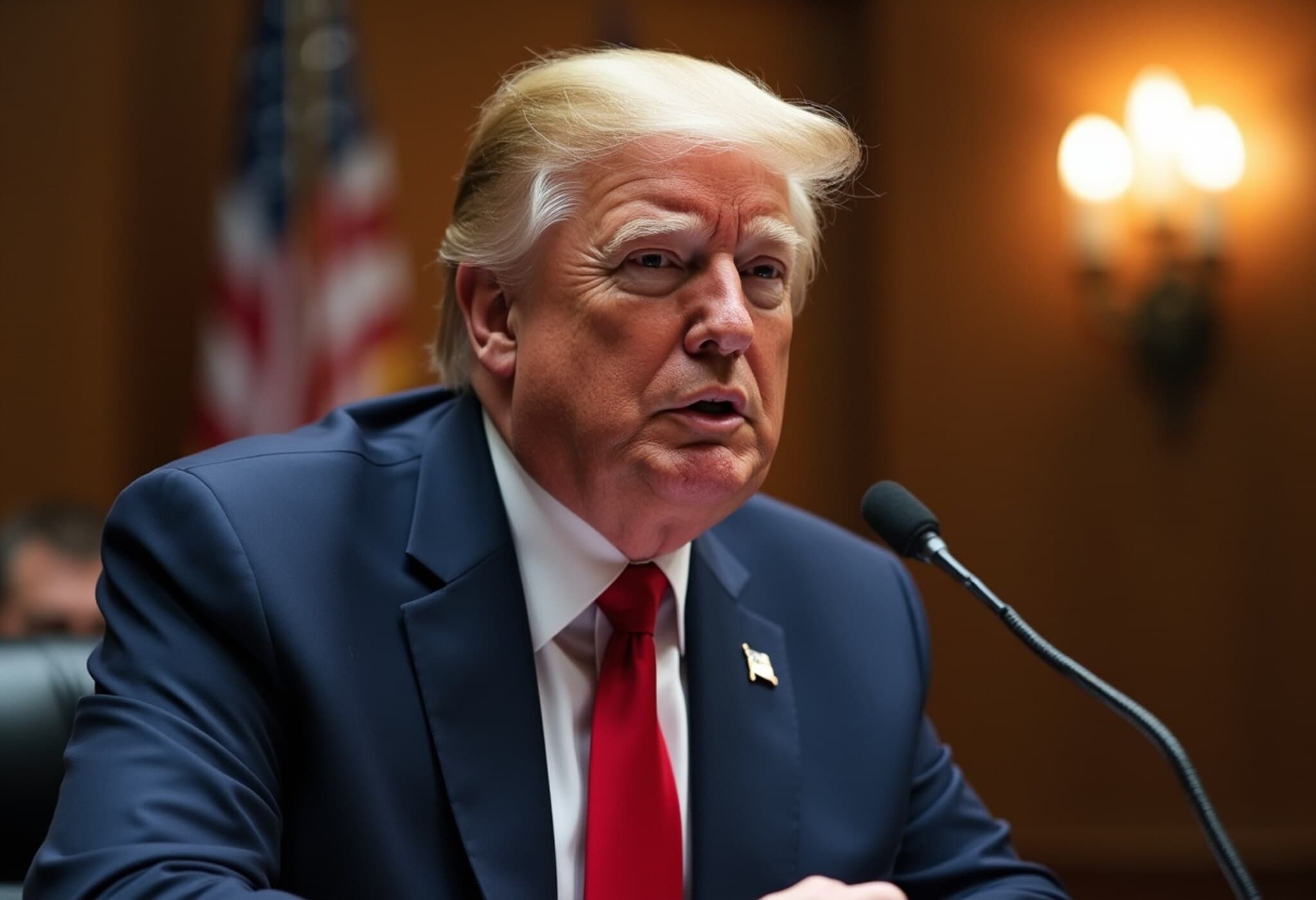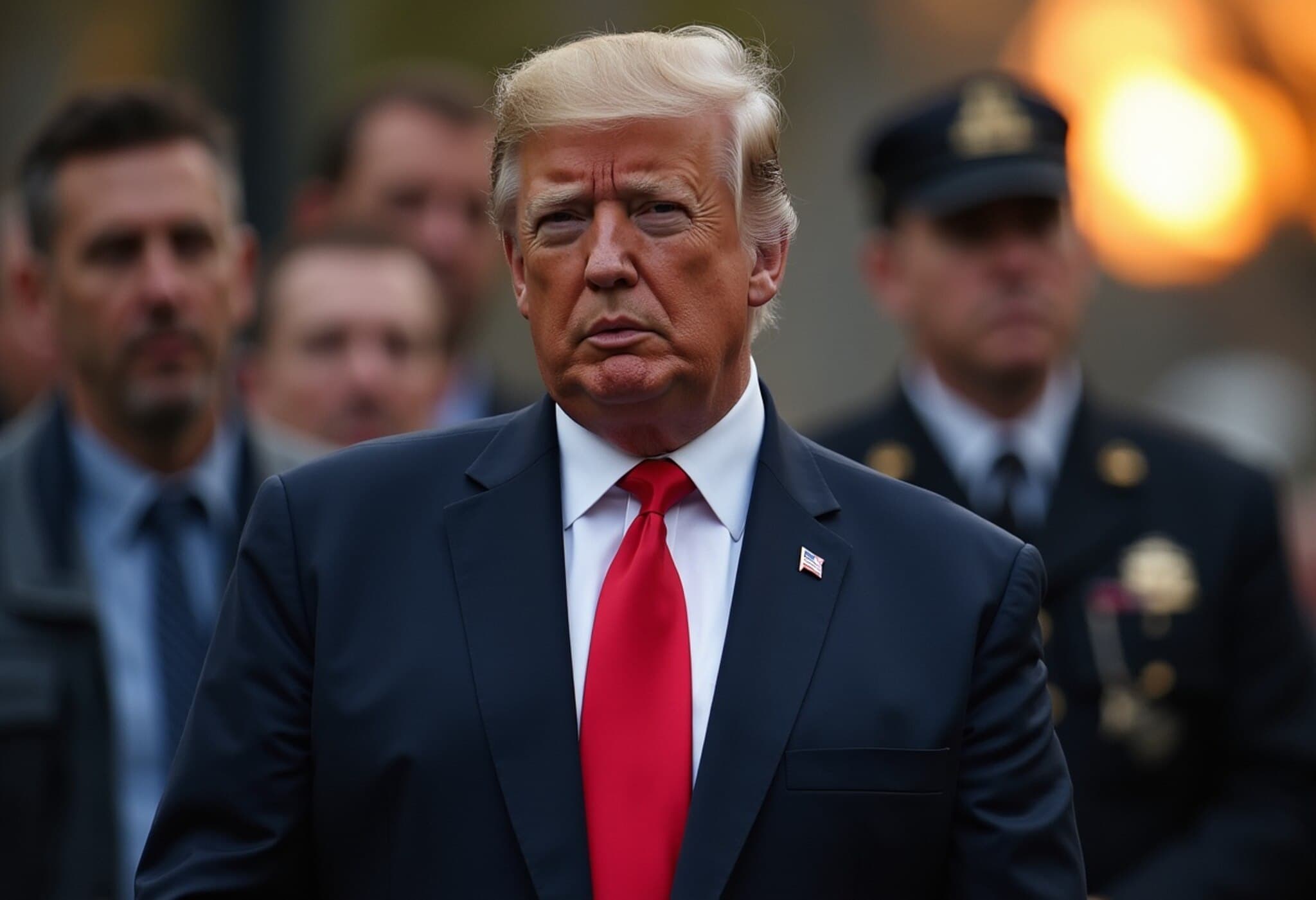Trump Calls on Attorney General to Release Epstein Files Amid Controversy
In a notable shift on Tuesday, former US President Donald Trump publicly encouraged Attorney General Pam Bondi to disclose "whatever she thinks is credible" related to the late Jeffrey Epstein’s controversial case. Epstein, a convicted sex offender, died in federal custody in 2019, leaving behind numerous unanswered questions and fueling political turbulence.
Background: Epstein Case and Political Repercussions
Epstein’s death, officially ruled a suicide by the Department of Justice (DOJ) and FBI, has remained mired in suspicion and conspiracy theories for years. Last week, the DOJ and FBI released a joint memo clarifying that no evidence was found to support earlier sensational claims that Epstein possessed a “client list” or was engaged in blackmail against powerful figures. This revelation sparked dissatisfaction, particularly within Trump’s own Make America Great Again (MAGA) supporters, who demand greater transparency.
Trump’s Response and Political Dynamics
Speaking to reporters outside the White House, Trump mentioned he had received a "very quick" briefing from FBI and DOJ officials before the memo's release. While he initially appeared to downplay the significance of the Epstein files—urging supporters not to waste energy on the issue—his comments on Tuesday signal a willingness to open the floor for further disclosures. “She’s handled it very well, and it’s going to be up to her,” Trump said of Bondi. “Whatever she thinks is credible, she should release.”
However, when questioned by ABC News about whether his name appeared in the Epstein files, Trump firmly distanced himself, saying, “No, no. Only really bad people, including the fake news, want to keep something like this going.”
Attorney General Bondi’s Position and Broader Political Fallout
Attorney General Bondi has maintained that the memo speaks for itself, adding she had not yet reviewed President Trump’s recent statements. Despite Bondi receiving praise for her management of the Epstein case, pressure from both Republicans and Democrats continues to mount.
- Republican allies, including House Speaker Mike Johnson, have called for more transparency surrounding the Epstein investigation.
- Democrats have seized upon the controversy, amplifying calls on social media and congressional platforms for the full release of Epstein-related records.
Expert Insights: The Quest for Transparency and Accountability
The Epstein case remains a lightning rod for debates about justice and institutional accountability in the United States. From a policy perspective, the tension highlights a broader public demand for government openness, especially regarding cases involving elite networks and potential abuses of power.
Legal experts note that releasing vetted and credible documents is a delicate balance—protecting privacy and ongoing inquiries while satisfying public demand for transparency. This push-and-pull illustrates how politically charged investigations can strain trust in federal agencies, especially when unresolved questions linger years after a high-profile individual's death.
What Lies Ahead?
With Trump’s endorsement of further disclosures and bipartisan calls for transparency intensifying, Attorney General Bondi faces heightened scrutiny. The Epstein files case serves as a litmus test for how the US Justice Department navigates politically sensitive issues in an era of polarized media and information wars.
As the public, policymakers, and media await further developments, one thing remains clear: the Epstein saga is far from over, and its implications for accountability at the highest levels of power continue to resonate deeply across American political life.
Editor's Note:
The Epstein case, underscored by President Trump’s recent remarks and Attorney General Bondi’s cautious stance, exemplifies the persistent friction between transparency and political interests within American governance. Readers should consider how calls for document releases reflect broader societal demands for truth and justice, and remain aware of the challenges federal agencies face in balancing these priorities amidst a polarized political climate. The coming weeks may prove pivotal in revealing whether the Epstein files will bring new clarity or deepen existing divides.

